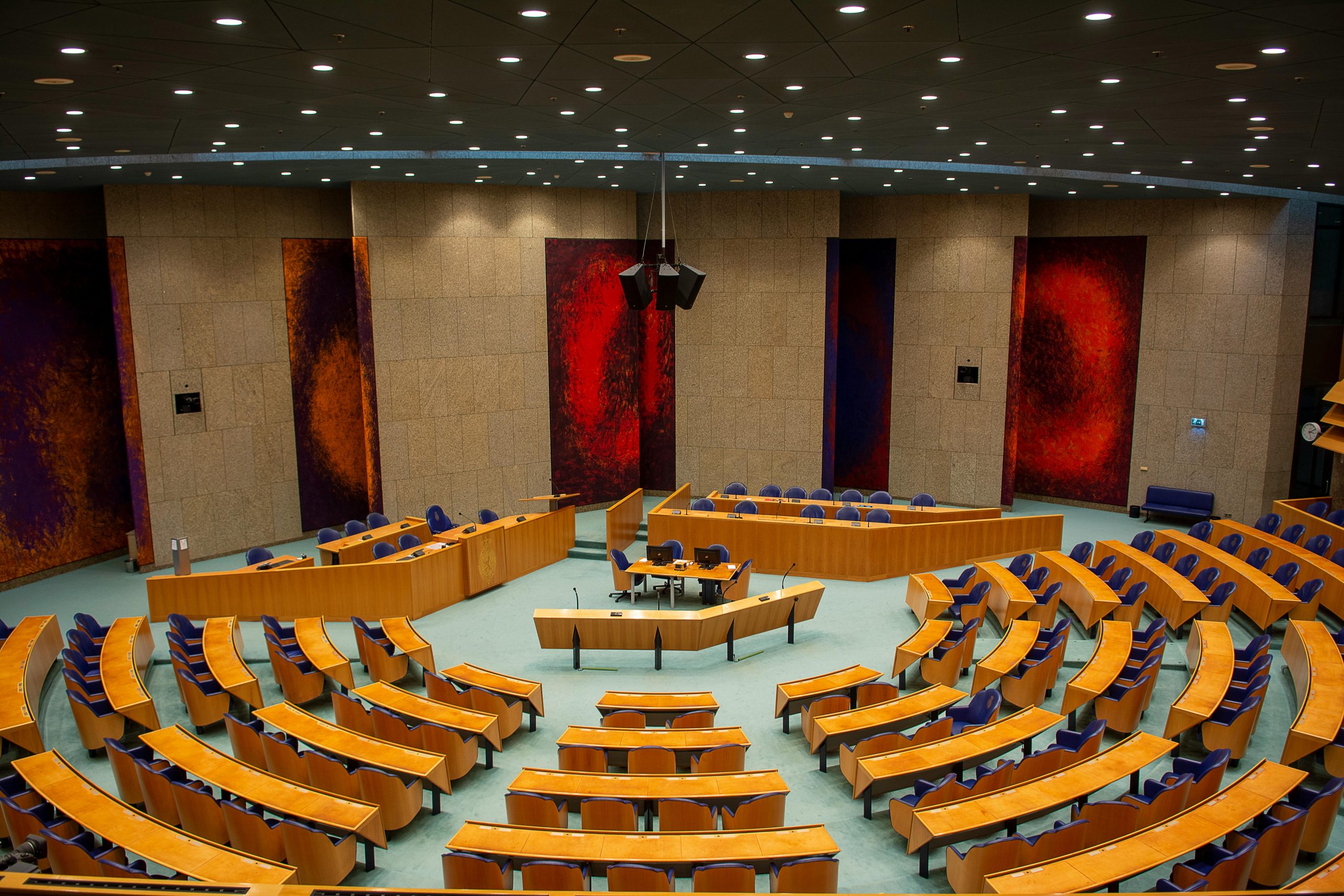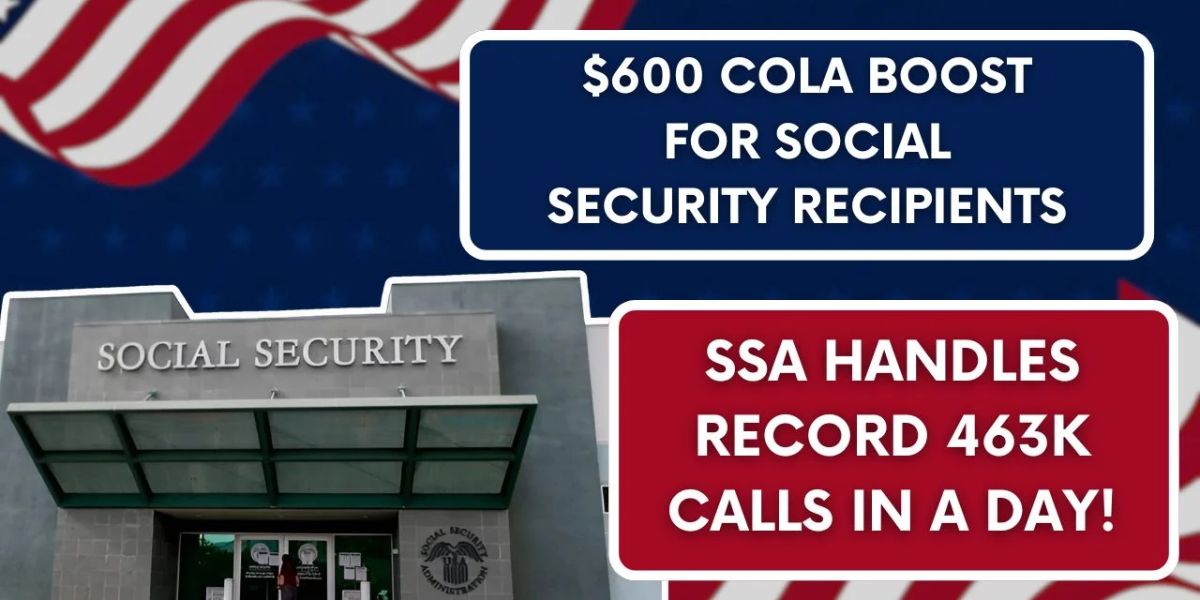Several proposed bills in Virginia aimed at restricting “terrorist activities” on college campuses have been rejected, with lawmakers raising concerns about their impact on free speech. The bills, introduced in the state’s General Assembly, were designed to prevent terrorism and address protests related to the ongoing Israel-Palestine conflict. However, critics argued that these laws would suppress free expression and target student activists.
The bills faced intense opposition, especially from pro-Palestine groups who feared they would be used to stifle student protests and activism. The legislation was also introduced after a year of significant pro-Palestinian demonstrations on Virginia’s college campuses, resulting in over 90 arrests of protesters.
Proposed Legislation and Key Points
- House Bill 2529: This bill was introduced by Delegate Michael Jones, a Democrat from Richmond. It aimed to prevent universities from divesting from foreign countries that the United States has not already sanctioned. This bill came in response to student protests calling for Virginia universities, including Virginia Commonwealth University (VCU), to divest from Israel, similar to past divestment campaigns against apartheid-era South Africa.
- Senate Bill 1247: Introduced by Senator Tara Durant, a Republican from Fredericksburg, this bill sought to stop public universities from accepting grants or forming partnerships with countries labeled as “state sponsors of terrorism,” including Iran, Cuba, Venezuela, and China. Durant argued that this would protect campuses from foreign influence, especially concerning intelligence activities. However, critics said it would limit study abroad programs and academic collaborations with universities in these countries.
- SB 1284: Sponsored by Senator Bill Stanley, this bill proposed banning terrorist groups and any countries or organizations linked to terrorism from participating in activities at colleges. Stanley insisted that this bill was necessary for student safety, but opponents feared it would intimidate those who wanted to discuss sensitive political issues.
- HB 1650: Introduced by Delegate Jason Ballard, this bill would have allowed the Attorney General to investigate groups suspected of engaging in terrorist activities. Ballard’s proposal was linked to the controversy surrounding protests held by groups like Students for Justice in Palestine (SJP) at VCU.
Opposition and Concerns Raised by Critics
Many university students and advocacy groups opposed the bills, arguing that they would infringe on free speech and academic freedom. Pro-Palestinian activists, in particular, raised alarms about being unfairly targeted. The protests they organized were focused on the ongoing conflict in Gaza, where violence has resulted in thousands of deaths, mostly on the Palestinian side.
Selma Ait-Bella, a student and activist at VCU, expressed concern that the legislation could lead to the silencing of students who wanted to speak out against political oppression. She drew a comparison to how Nelson Mandela and other civil rights leaders were once labeled terrorists by governments that opposed their activism.
Sereen Haddad, another student with ties to Gaza, also spoke out against the bills, sharing her experience of being labeled a threat simply for advocating for the safety of her family in Gaza.
Impact on Universities and Academic Freedom
Opponents of the bills included several academic groups, who argued that the proposed laws would have a “chilling effect” on academic collaborations and hiring practices. Some faculty members said these bills could prevent them from working with colleagues in countries like China and Cuba, thus limiting opportunities for research and exchange programs that benefit students.
Senator Ghazala Hashmi, a Democrat from Richmond, emphasized that the bills would harm educational opportunities, especially for students interested in studying abroad in countries targeted by the legislation.
Outcome of the Bills
Despite the intense debate, all the bills targeting terrorist activities on college campuses were either voted down in committee or never heard at all during the legislative session. The failure of these bills reflects a significant victory for those advocating for free speech, academic freedom, and the rights of student activists.
Conclusion
The decision to block these bills is seen as a win for free speech advocates who feared that the bills could be misused to silence political dissent on campuses. As college campuses continue to be places for political and social activism, it remains to be seen whether similar proposals will resurface in the future. However, for now, Virginia lawmakers have signaled their commitment to protecting the right of students to voice their opinions without the fear of government intervention.
(Source : commonwealthtimes.org)


 by
by 

